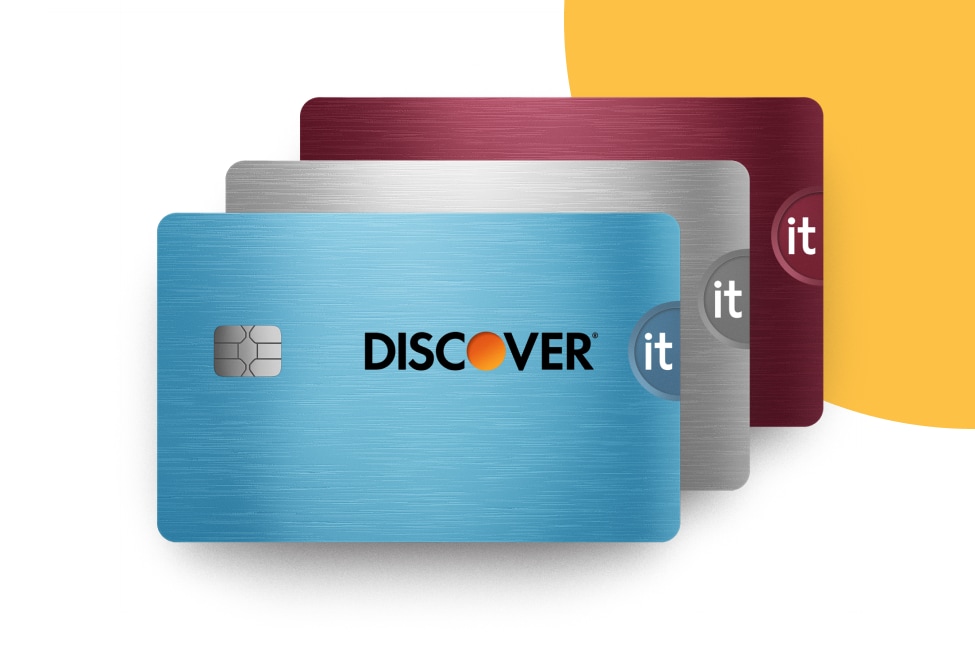
Credit card debt may be a nuisance to your wallet and your credit score, especially if the interest on the card is high. If you’re weighing your options for paying down your credit card debt, you may have considered a balance transfer to a lower-interest credit card. But whether a credit card balance transfer is the right decision for you depends on many factors, from your existing credit card balance to the fee for transferring a balance, and more.







